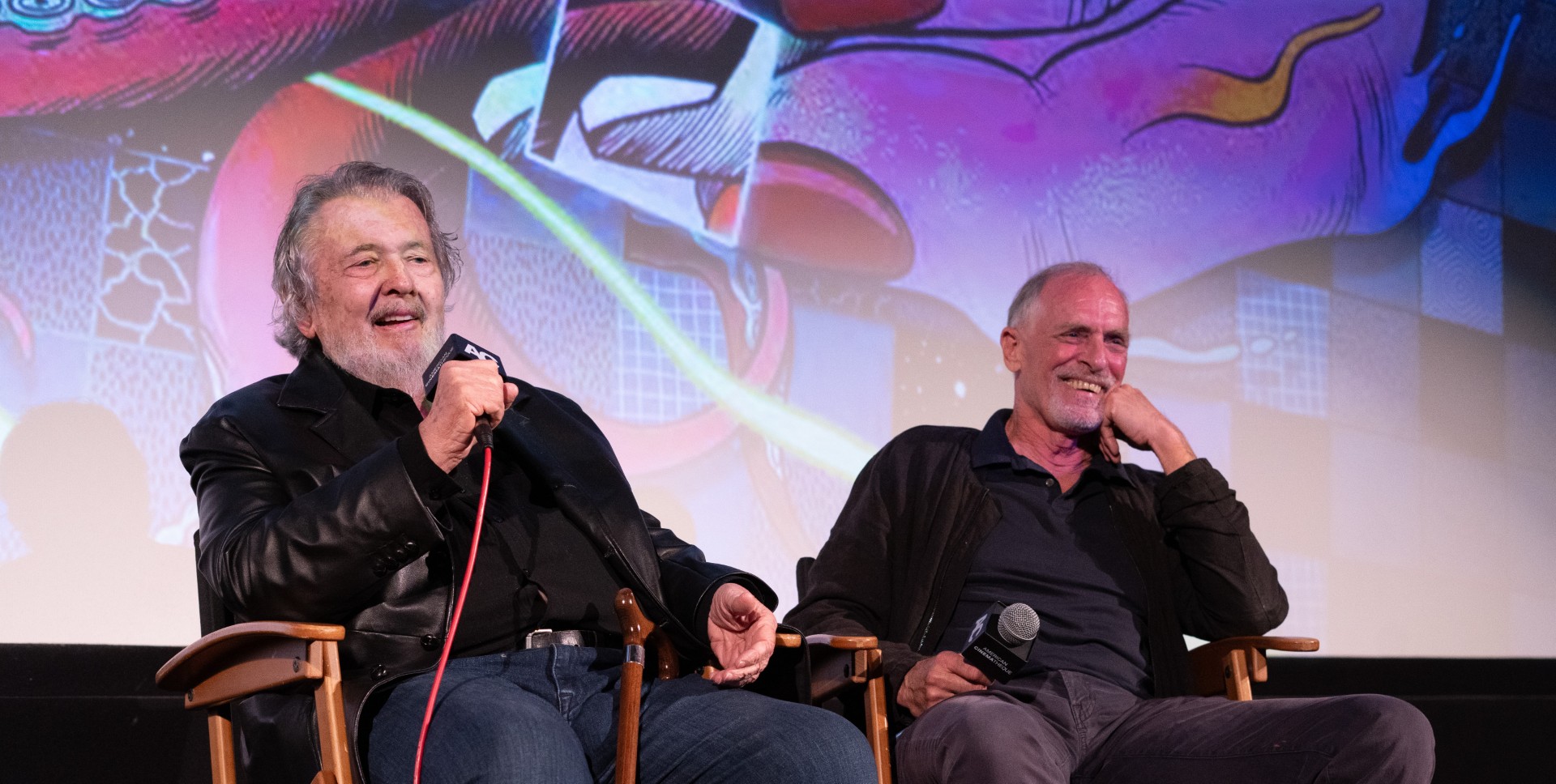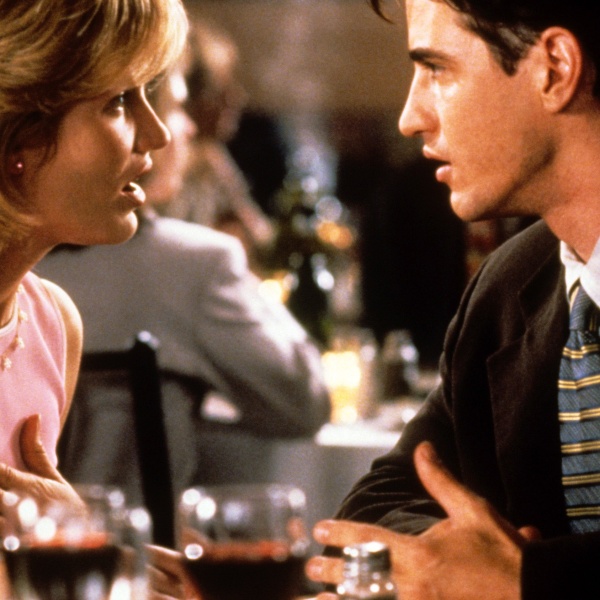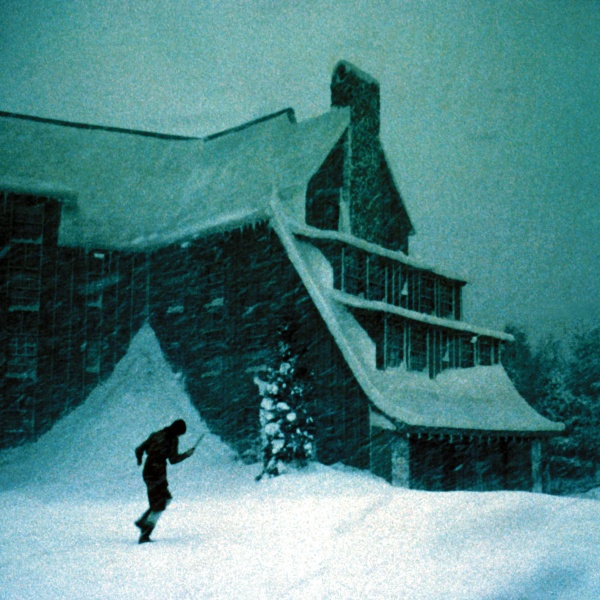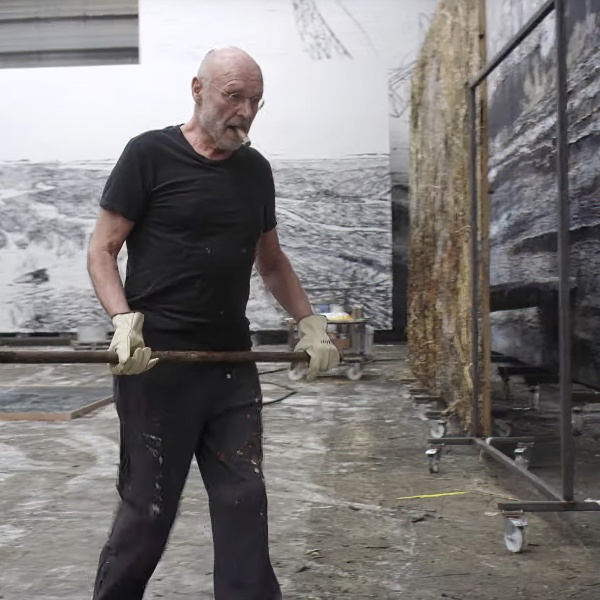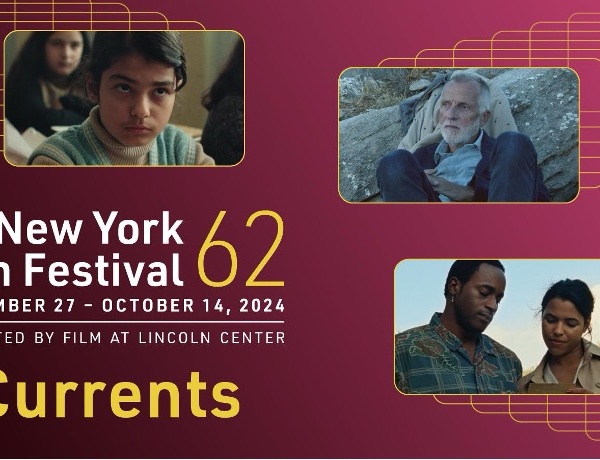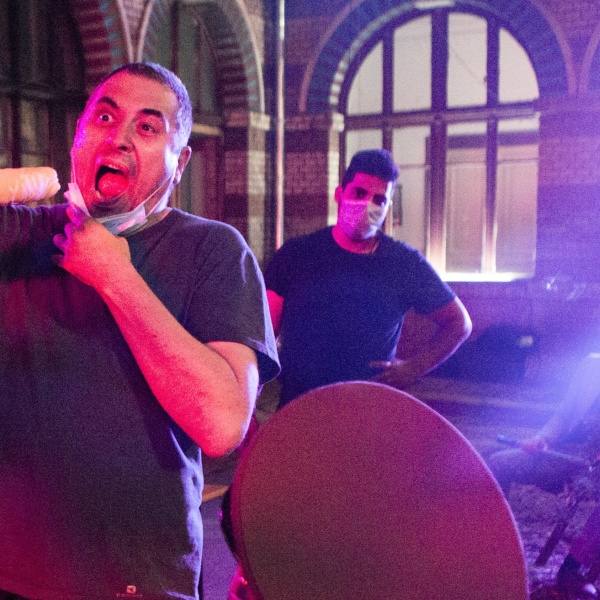Walter Hill‘s “Southern Comfort” didn’t find an audience upon its release in 1981, but when it kicked off the first weekend of the 12th annual Beyond Fest at the American Cinematheque, it played to a sold-out crowd that responded to the film with the rapture it always deserved. Hill couldn’t have been more pleased or surprised. “When they told me they wanted to do this, I thought, ‘Christ, nobody will come,’” Hill told the audience at a post-screening Q&A. “I can’t believe that all of you came out tonight.”
Hill was joined on stage by actor Keith Carradine, his frequent collaborator on films including “The Long Riders” and “Wild Bill.” Both men agreed that Hill’s harrowing tale (cowritten with Michael Kane and David Giler) of National Guardsmen being picked off one by one by vengeful Cajuns in a Louisiana swamp was one of the most challenging shoots of their careers. “It was a difficult movie to make,” Hill said, “and the cast never complained. I complained, but the cast never complained.”
Carradine said that the uncomfortable physical conditions of the production, where the cast and crew were out in the freezing swamp, were ameliorated by the quality of the script and the opportunity to reunite with his “Long Riders” director. “I was just so honored to be asked by Walter to work with him again,” Carradine said. “It’s a really good script and a really good part.”
According to Hill, the feeling was mutual. “I have great respect for Keith’s artistry and thought he could play both sides of the character,” Hill said. “He’s a strong guy, but he’s also whimsical.”
Both men had high praise for Carradine’s co-star Powers Boothe, who passed away in 2017 and had reunited with Hill in one of the director’s greatest films, the 1987 neo-Western “Extreme Prejudice.” “From the first moment Powers and I were on the set together I thought, ‘This is a major force here,’” Carradine said. “Tennis players talk about how much better you are if you’ve got someone on the other side of the net who will blister it back, and that was Powers. Every time I had a moment with him, he put me at the top of my game.”

One of the greatest strengths of “Southern Comfort” is its ensemble, in which Boothe and Carradine receive excellent support from character actors like Fred Ward, Peter Coyote, and T.K. Carter. Hill singled out Franklyn Seales as someone who impressed him with not only his performance but his fearlessness as a gay actor who refused to hide who he was at a time when that was not the norm.
“He’s the second actor I knew that died of AIDS, and he was a wonderful guy,” Hill said. “The Teamsters, who were locals from Texas and Louisiana, were big guys who had guns in their glove compartments and all looked like they played for the Oakland Raiders. A couple of them got on Franklyn for being gay — remember, this was 45 years ago — and he didn’t take any shit. He was tough, and he stood up to them. He commanded and got their respect.”
Carradine said that the logistical nightmares of shooting in the swamp bonded the cast together, and Hill remembered the many limitations the location imposed. “There were no dolly shots,” Hill said. “You only had about a minute or a minute and a half to figure out your camera position, put it down, and then you got one or two takes because the swamp would not accept the weight of the camera. You constantly had to move the camera around. Now, most of the swamp looks alike, so at least we didn’t have a big matching problem.”
One of the most amusing moments of the post-screening Q&A came when Hill acknowledged that he had misled his actors a bit in an effort to guide their performances. “Occasionally, as a director, you have to play around with the truth,” Hill said. “We had a two-day rehearsal before shooting. Those rehearsals, by the way, are usually worthless — Don Siegel once told me, ‘Don’t rehearse ahead of time, the only thing that happens is the actors end up hating the script.’”

During the rehearsals, Hill addressed theories that the film was meant as an allegory for the Vietnam War and told the actors that it wasn’t. “I got the cast together and said we don’t make movies that are metaphors. I don’t want anyone to play a metaphor. This is a real situation. At the same time, David [Giler] and I knew it was completely a metaphor.” The Beyond Fest audience laughed when Carradine reacted to this lie over 40 years after the fact. “I’m so glad to hear you say this now,” Carradine said.
Hill and Carradine seemed genuinely moved by the vocal adoration for their once overlooked film, and proud of the work in spite of Hill’s belief that a director shouldn’t look back. “We shouldn’t live too much in the past, we should be trying to make a film for next year,” he said. “I don’t like to look at the films I’ve done. When an old movie I’ve made comes on TV, I make my wife change the channel.”
Carradine added that when he first looks at a film he’s made, he always thinks his performance is terrible: “The first time I see it, I generally hate myself. But all these years later, I’ve become more forgiving. I was able to look at this now and think, ‘Oh, I wasn’t that bad.’ And the movie’s really good.”
Beyond Fest 2024 continues through October 9 at the American Cinematheque.
